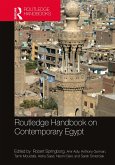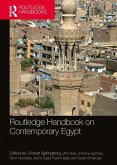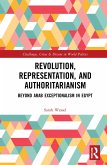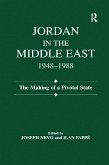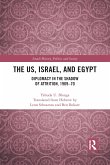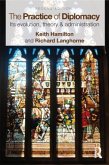Focusing on authoritarian rule, unresolved economic challenges, and external dependency, the volume explains the salient political and economic features of contemporary Egypt against the backdrop of its history since the beginning of the 19th century. Presenting a comprehensive account of developments, it challenges common assumptions about secularists, Islamists, and revolutionaries, as well as 'modernization', 'economic reform', and political stability.
Discussing domestic politics, economic change, and external relations since 1945, the author argues that Egypt continued to draw a degree of strength from sustained state-building activities, which its pre-colonial rulers could pursue in a favourable international environment and the partly related emergence of the country as a focal point of collective identity. More consolidated than many other states in the global south, Arab and non-Arab alike, independent Egypt, despite changing economic strategies, remained a (lower) middle-income country and despite repeated political contestation, most recently in the Arab Spring, continued to suffer from autocratic rule. Such continuity reflects not only the interplay between political forces at home, dominated by the military, and inconclusive economic policies but also the external constraints under which governments and other actors in the global south have to act.
Based on numerous primary and secondary sources in various languages, including Arabic, and years of fieldwork, the book is a key resource for scholars of all levels, journalists, policymakers, and diplomats interested in comparative politics and the political economy of the Middle East and Egypt.
Discussing domestic politics, economic change, and external relations since 1945, the author argues that Egypt continued to draw a degree of strength from sustained state-building activities, which its pre-colonial rulers could pursue in a favourable international environment and the partly related emergence of the country as a focal point of collective identity. More consolidated than many other states in the global south, Arab and non-Arab alike, independent Egypt, despite changing economic strategies, remained a (lower) middle-income country and despite repeated political contestation, most recently in the Arab Spring, continued to suffer from autocratic rule. Such continuity reflects not only the interplay between political forces at home, dominated by the military, and inconclusive economic policies but also the external constraints under which governments and other actors in the global south have to act.
Based on numerous primary and secondary sources in various languages, including Arabic, and years of fieldwork, the book is a key resource for scholars of all levels, journalists, policymakers, and diplomats interested in comparative politics and the political economy of the Middle East and Egypt.


